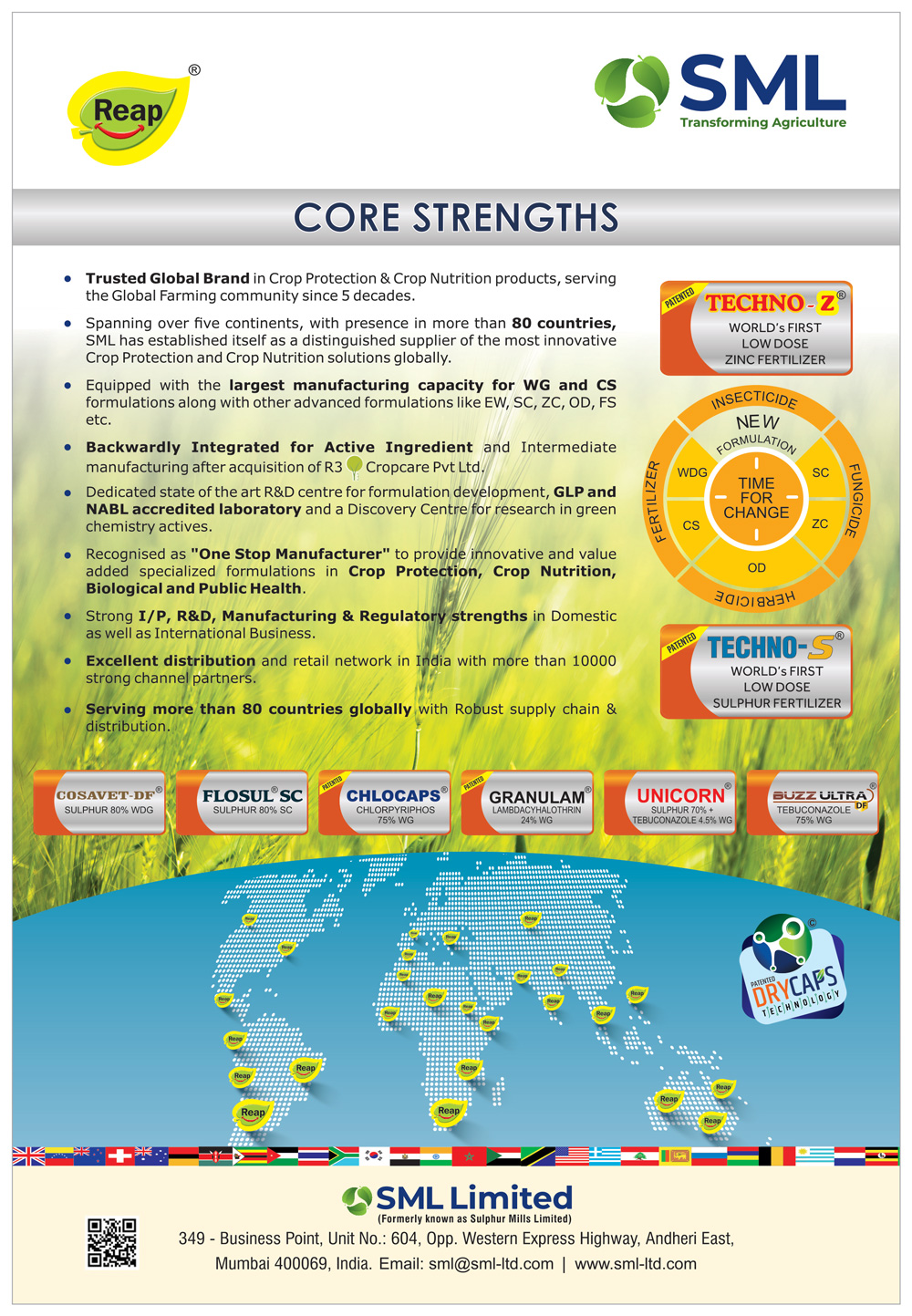Key Regulatory Changes in India for 2024
A Focus on Pesticides
Scroll Down to Read
By Dr. Piyatida Pukclai

Regional Sales & Regulatory Policy Manager (Asia-Pacific)
Knoell
In recent years, India has implemented significant regulatory changes, particularly in the realm of pesticide management. These updates reflect the country’s commitment to ensuring food safety, protecting consumers, and safeguarding the environment. Here, we delve into the key regulatory updates you need to be aware of for 2024.
Stringent Maximum Residue Limits (MRLs)
The Food Safety and Standards Authority of India (FSSAI) has reinforced its position on maintaining stringent maximum residue limits (MRLs) for pesticides. These standards are among the most rigorous globally, ensuring that the levels of pesticide residues in food are kept to a minimum, safeguarding consumer health.
Recently, FSSAI had to address concerns after the Hong Kong food regulator banned spice mixes from prominent Indian brands MDH and Everest. The ban was due to the alleged presence of the carcinogenic pesticide ethylene oxide. FSSAI’s clarification highlighted that the reported high residue levels were not in line with India’s stringent standards, reinforcing the robustness of the country’s regulatory framework.
New Guidelines on Insecticides
On Feb. 2, 2023, the Department of Agriculture and Farmers Welfare introduced new guidelines and regulations concerning insecticides, under code S.O.701 (E). This regulation aims to prohibit and restrict the use of certain harmful insecticides, enhancing both safety and environmental protection. These measures are part of a broader strategy to minimize the negative impacts of pesticide use.
Pesticide Management Bill (PMB), 2020
One of the most significant legislative advancements is the Pesticide Management Bill, 2020. Introduced in the Rajya Sabha, this bill aims to replace the outdated Insecticides Act of 1968. It seeks to regulate the manufacture, import, sale, storage, distribution, use, and disposal of pesticides comprehensively.
The bill proposes the establishment of a National Pesticide Management Authority and corresponding state authorities. These bodies will oversee the implementation of regulations and ensure that only safe pesticides are available in the market, thereby minimizing risks to humans, animals, and the environment.
Challenges and Opportunities
Despite these regulatory advancements, challenges persist. For instance, under the existing Insecticides Act of 1968, states can ban a pesticide for only 60 days if safety concerns arise, with a possible 30-day extension. This limited timeframe can hinder effective long-term regulation and protection.
To address such challenges, India is actively working on continuous monitoring and improvement of pesticide regulations. These efforts are crucial for maintaining the delicate balance between ensuring agricultural productivity and protecting health and the environment.
Recent Regulatory Changes
Several other key regulatory changes in the past few years have shaped the current landscape of pesticide regulation in India:
|
|
|
|
|
|
Conclusion
India’s regulatory landscape for pesticides is evolving, with significant changes aimed at ensuring safety, efficiency, and environmental sustainability. The introduction of stringent MRLs, the new insecticide guidelines, and the comprehensive Pesticide Management Bill, 2020, are pivotal steps in this direction. While challenges remain, continuous monitoring and adaptive regulations will be essential in safeguarding public health and the environment. As we move into 2024, staying informed about these regulatory changes is crucial for all stakeholders involved in the agriculture and food industries.
India’s journey toward better pesticide regulation demonstrates a firm commitment to protecting its population and environment. These reforms promise a safer, healthier future, balancing agricultural needs with stringent safety standards. •
Dr. Piyatida “Tung” Pukclai is the Regional Sales & Regulatory Policy Manager (Asia-Pacific), knoell Group. She is also an AgriBusiness Global Advisory Board member, who contributes articles and presents at AgriBusiness Global conferences.
